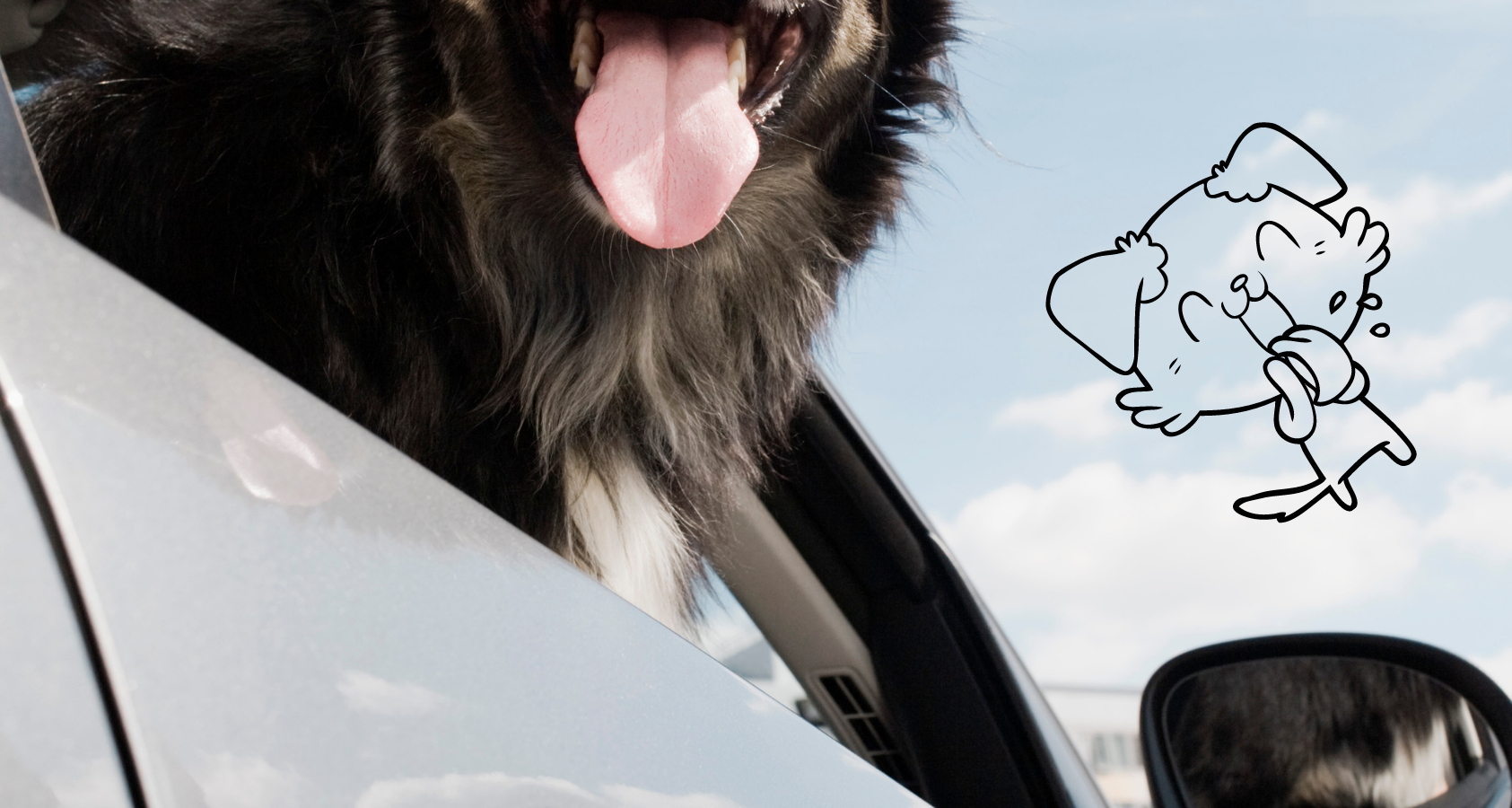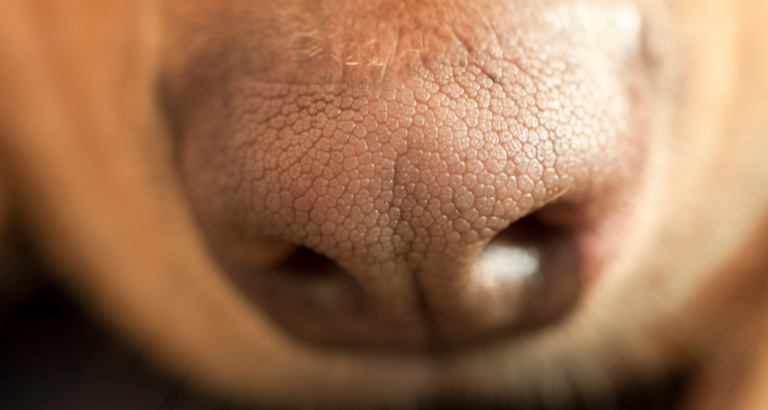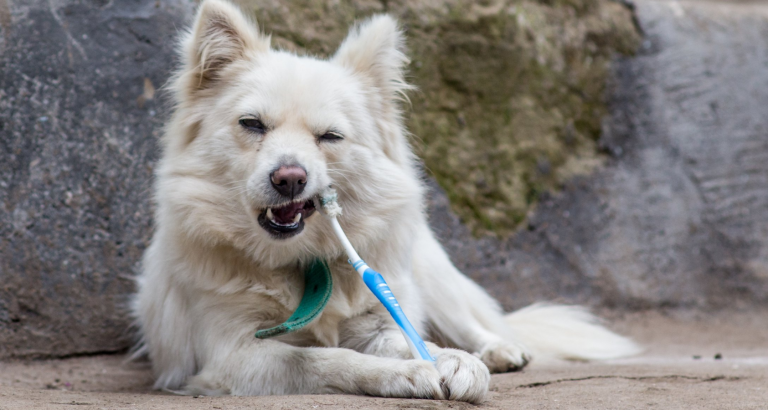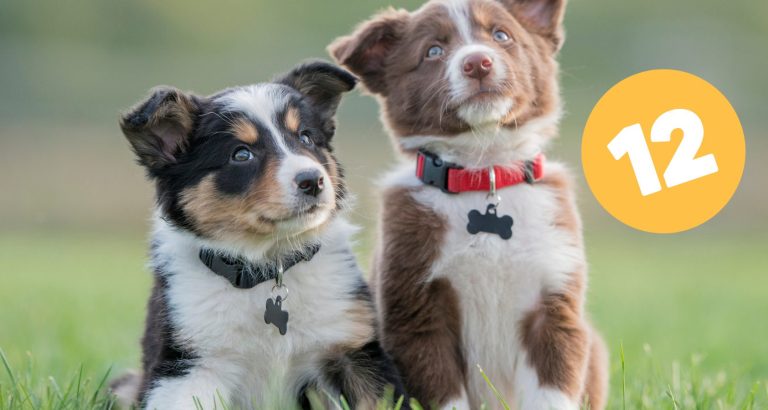Reasons Why Dogs Pant in Cars (Experts Explain)
Last updated on March 23rd, 2023 at 06:00 am
Reading Time: 7 minutesThis post may contain affiliate links. If you click and buy we may make a commission, at no additional charge to you.
Why Do Dogs Pant in the Car? REVEALED!
If you travel with your dog in the car, you must worry about his deep breaths or panting. But do you know why dogs pant in cars?
Dogs pant in the cars for several reasons; if he is overheating, uncomfortable, or dehydrated, he breathes heavily with his tongue hanging out of the mouth. Similarly, stress, motion sickness, physical pain, or medical history like heart issues result in inconvenience during traveling, due to these reasons they end up panting and drooling.
So, it must be your first concern to trace the cause of panting. Here you will find the main reasons and practical solutions to prevent panting. Before that, some basics about panting will help you understand this natural phenomenon.
Let’s dive in!
What Is Panting?
Panting is the more deep and faster breathing of dogs with open mouths. During panting, the tongue of dogs hangs out of their mouth, and you may hear airy sounds of your dog taking breaths of air in and out.
Since panting is normal and every dog pants, some dog parents call it a dog’s smile. But in some situations, it gets worse, and your dog communicates through panting.
There are several reasons why dogs pant in dogs, but the most significant are:
- Panting is just like breathing and a way of taking in oxygen and exhaling carbon dioxide. The gaseous exchange is essential and keeps the dog’s blood system functioning. The deeper breaths in panting allow more oxygen and carbon dioxide to be exchanged in less time.
- It is a normal mechanism for dogs to keep them cool. Your body has sweat glands, and sweating is a great way to keep the body cool, but dogs lack these glands. Some glands in their feet are not significant to reduce their body’s heat. Therefore, when dogs pant, moisture evaporates from their tongue and cools their bodies effectively.
- Other than regular cases, dogs may also pant due to medical problems. For instance, your furry baby may pant if he has a high fever or any disease such as Cushing’s disease.
Dog Hyperventilating In Car – Is It Dangerous?
Panting is normal, but if he excessively pants and cannot catch his breath, it shows some health concerns.
Sometimes, dogs produce wheezy sounds, and pant excessively with difficult breathing. You must not take it regularly and talk to your vet for his recommendations in such a case.
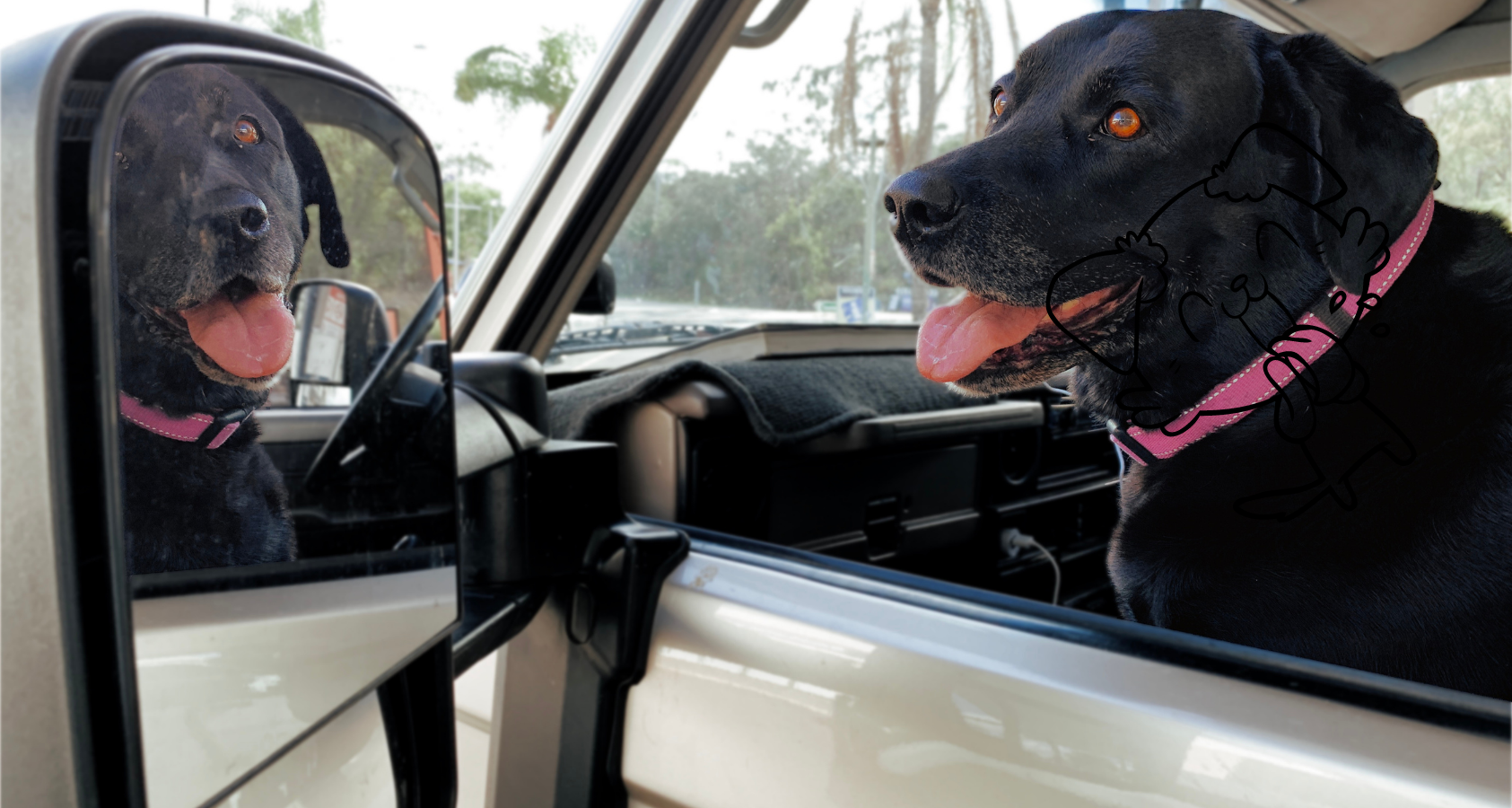

Why Do Dogs Pant in the Car?
Dogs can pant anywhere, and there is no specific place, but mostly panting is seen in cars. Several factors result in such heavy breathing, and if your dog pants in the car, you need to find a possible cause and work on its solution.
Here are some reasons for dog shaking and panting in the car:
Overheating
Dogs have a higher body temperature than humans, and with no cooling mechanism, the incidence of their getting hot increases. As running cars heat up, and in the scorching heat of summer, they can even roast you. So, if you travel with your dog in spring or summer, it could be challenging as dogs cannot bear overheating car rides and pant.
The problem increases if you had parked the car in the sun and now traveling for hours. Your dog feels suffocated and breaths faster to take in more oxygen. You also know panting helps lower the body temperature; hence your dog pants to calm down and ask you to roll down the windows or turn up the air conditioner.
Uncomfortable Space
A dog panting in the car shows that he is not comfortably seated. Some dog owners let their dogs sit on the back seat, ignoring that these seats are ideally designed and comfortable for humans.
The bench-seated car seats make it hard for your dog to sit and enjoy the ride. Similarly, your pup may manage to curl up without hanging on the seat, but larger dogs face more trouble. When your dog reaches a certain level of discomfort, he starts panting.
So, if you want to take your pet on a picnic or road trip, ensure he is relaxed.
Dehydration
Dehydration may lead to panting in dogs. This issue commonly accompanies overheating, but dogs can be dehydrated even in the cold.
Your dog will be panting in the car after a great running, playing, chasing, and exercising time in the park. It will be the normal thirst after a workout plus his increased body temperature.
On the other hand, some dogs are not used to drinking tons of water and feel dehydrated when traveling long distances in the car. So, whenever you plan to move in the car, make sure to satisfy his thirst and keep a water bottle to keep your pet hydrated.
Stress
Dogs are not very fond of traveling in the car unless you train to enjoy the car ride. The loud noise of the engine and other vehicles, new smells, turns, and bumpy roads make your dog emotionally sick, and he wants to get out of the car the next minute. He starts panting when he finds no way but to stay in the loud noise.
Plus, if you think the sounds are normal and bearable, remember that the dog’s hearing power is way stronger than you, which adds to his stress.
Motion Sickness
Traveling trouble or motion sickness is common in dogs and is a straightforward answer to your query why my dog pant so much in the car. It is most common in puppies or small dogs because large dogs have grown out of it.
The continual rocking of the car paired with fast-moving makes your dog nervous leading to nausea, vomiting, excessive drooling, and panting.
There are several other reasons for motion sickness, like some dogs have no experience riding in a car and are unfamiliar with what is happening to them. You may encounter this situation if you rarely go out with your dog or only take him to the vet in the car.
Your dog associates this car ride with the unpleasant event of going to the vet and panting. Similarly, if your furry baby ever met a car accident or being thrown from the seat in a sudden car stop gives reminds him of the bad experience that results in his panting.
Pain or Medical Reasons
Panting is also a sign of your dog’s bad health. It might be he is in physical pain or have some allergic reactions. For instance, older dogs tend to tear ligaments in their knees and pant to convey painful feelings. On the other hand, if your dog has eaten something unusual, he may pant due to abdominal pain, bloating, gas, or other bowel infections.
The medical history of your dogs also counts, and you must consider it when taking your dog in the car. Some conditions seem normal but worsen during traveling, and your furry friend suffers a lot. Therefore, it is better to take advice from a vet if your furry friend has heart issues, obesity, food poisoning, or drug reactions.
How to Prevent Panting In the Car?
Here are some practical ways to prevent excessive panting in the car:
- First, do whatever you can to keep your dog cool. Check the car’s temperature before riding, and never let him stay in the car. Dogs can overheat quickly and lead to serious medical problems. So, ensure the temperature outside and inside are favorable to travel with your dog. Also, keep the window open for air circulation or turn on the air conditioner if scorching.
- Allow your dog to comfortably sit and relax on the car seat instead of forcing him into a contested seat.
- Always keep your dog hydrated and provide clean and fresh water so he won’t get dehydrated. You should also train your dog to drink a good amount of water every day to avoid trouble during traveling.
- You can also keep your dog calm and reduce stress with some music. Remember to play soothing music so he can develop some interest.
- Train your dogs for car rides and lessen their travel sickness. You can build your pup’s interest by taking him to park in the car without any jarring moves that might scare him. Plus, drive slowly with steady movements and give him the treat to ensure that the car ride is safe and enjoyable.
- When your dog pants, it indicates that you need to investigate further. Keep an eye on your furry baby, and if he keeps panting and there are none of the reasons mentioned, you should consult your vet. Also, avoid letting him in the car until he feels physically fit.
Conclusion – Why Dogs Pant in Cars?
Now, after getting multiple causes of panting in the cars, you are in a position to assess your dogs’ panting behaviors. You can find the problem with elimination and work on experts’ guided ways to prevent panting.
If you are on a long ride where your dog excessively pants and visiting your vet is not possible, just stop the car, give him affection, comfort hugs, and don’t drive unless he is relaxed.
About The Author
Mother, Certified animal Behaviorist who loves pets. Has two dogs and a cat. Trained veterinarian and loves to write about her experiences.
PetFriendly Monthly Pet Care Box
Get 50% off + FREE Shipping on your first box!

